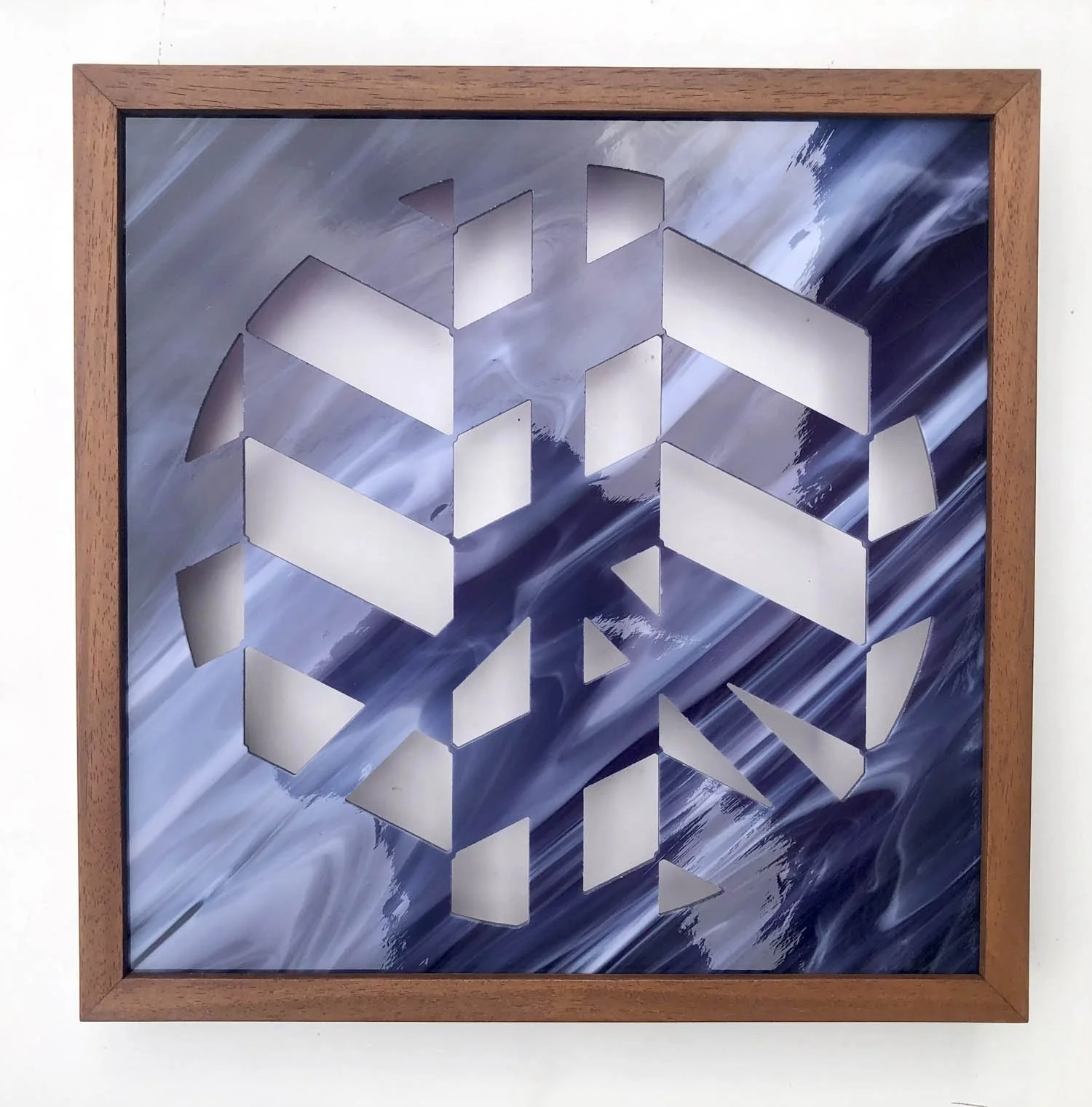Brian Duggan
Brian Duggan has long concerned himself with questions and difficulties within labor and leisure, history and tradition, politics and popular entertainment: their insidious rapport, their respective traces in the social, cultural and geographical landscapes. Called one of the “most grounded, incisive artists working in Ireland today” (Ara H.Merjian; ARTFORUM, Critics’ Picks August 2013), Duggan trained as a sculptor. He works in large-scale installations, smaller stone and wood sculptures sound and video. He concerns himself with more or less dramatic events in crisis, in a prosaic, subtle, but no less disconcerting way.
A striking feature in Duggan’s projects is his obvious willingness to invite others to join him in the creation of collaborative spaces and productions. In fact, a consistent element of his artistic practice is a careful and considered engagement with the audience, inviting them into the artwork sometimes without the viewers even realizing it. For that, he has worked for over twenty years inside and outside institutions and museums, artist-run spaces and the street. Often it is this participation that brings the projects into a critical space that opens up new ways of thinking.
Duggan’s work is deeply historical and political. On many occasions, only one seemingly unspectacular piece of evidence or a lead, such as a story, a photograph or a letter, initiate careful research into the subject matter only to find ways into a new installation, video, or performance. His installations and film work are always very well-researched and grounded in material history. Upon entering his installations and spaces, one is often taken on voyages in space and time inhabited by dichotomies of here and there, past and present, social and political. A certain theatricality is always intended and, from time to time, results in humorous work that simultaneously makes statements about art, the overlooked individual, and society.
Although Duggan’s work has an attractive fun element to it, it is in fact deeply political on several levels. “If politics is a mediation between interests, could art spaces become a mediator in society with a different agenda, keeping in mind the fragmentary and repressed, the forgotten, the non-represented groups, and the unheard-of? This leads to a definition of the spaces of conflict which is deeply political. (…)” (Fiona Fullam, Catalogue essay for Everything can be done, in principle, Visual Carlow 2012).
Brian Duggan lives and works in Dublin. He graduated from CCAD in Cork and received his MFA from IADT in Dublin. His work is included in the permanent collections of the Arts Council, The Hugh Lane Gallery, the OPW national collection, Trinity College Dublin, the National portrait collection and the Irish Museum of Modern Art as well as private collections in Ireland and Europe. Solo exhibitions include: Project Dublin, Crawford Art Gallery, Balzer Projects Basel, ISCP New York, Limerick City Gallery, Visual, Carlow, RuaRed, Crawford Gallery Cork, Irish Museum of Modern Art Process room, Dublin City Gallery the Hugh Lane, G126 and Pallas Heights. In 2018 he premiered his film Demonstrable Progress. This innovative project used original footage from inside the storage tanks of Sellafield nuclear facility accompanied by a new musical performance on piano four hands, written especially for the film by composer David Bremner. This will be released on vinyl with Farpoint Recordings in 2024. Furthermore, he was the co-founder and co-curator and co-director of the multi platform Pallas Heights Studios Projects in Dublin from 1996 to 2009 with artists Mark Cullen and Gavin Murphy.











